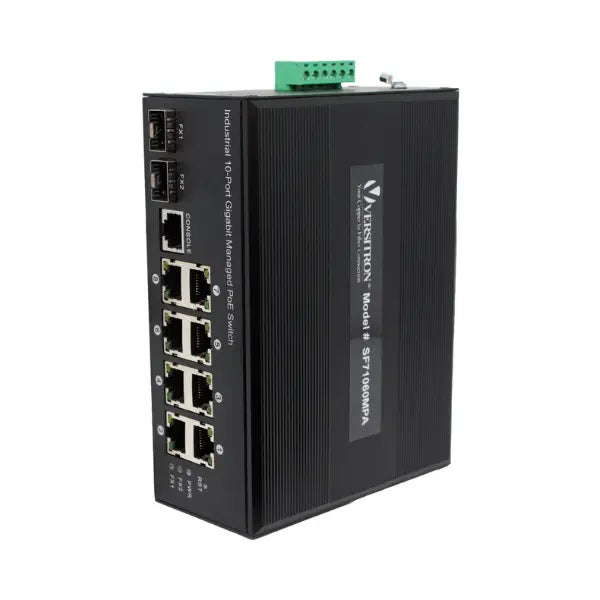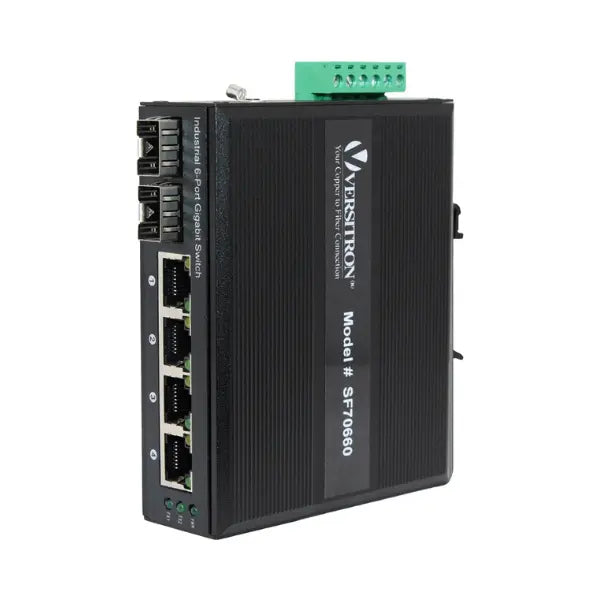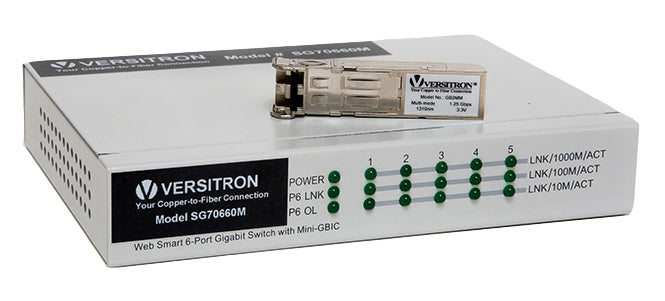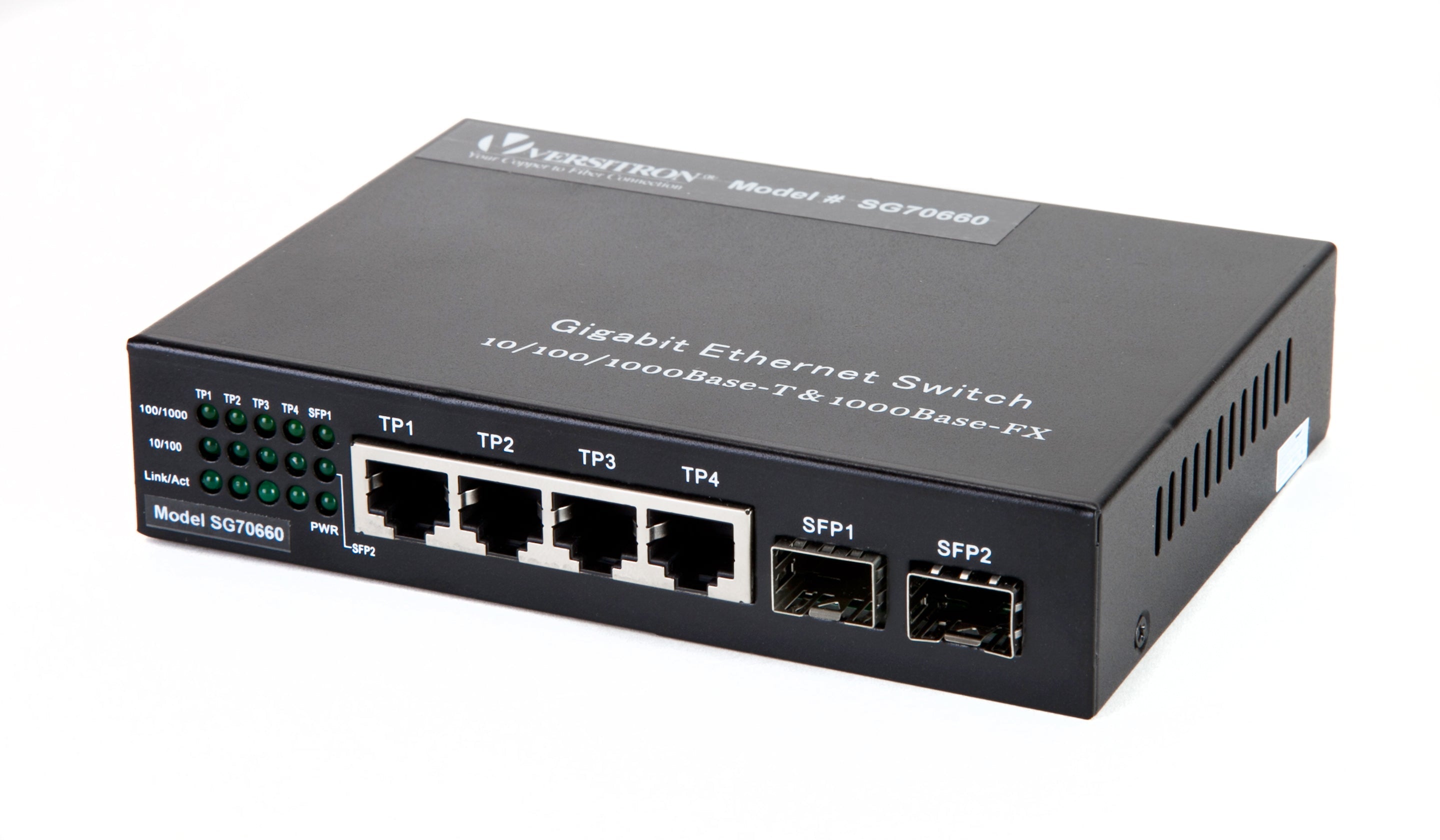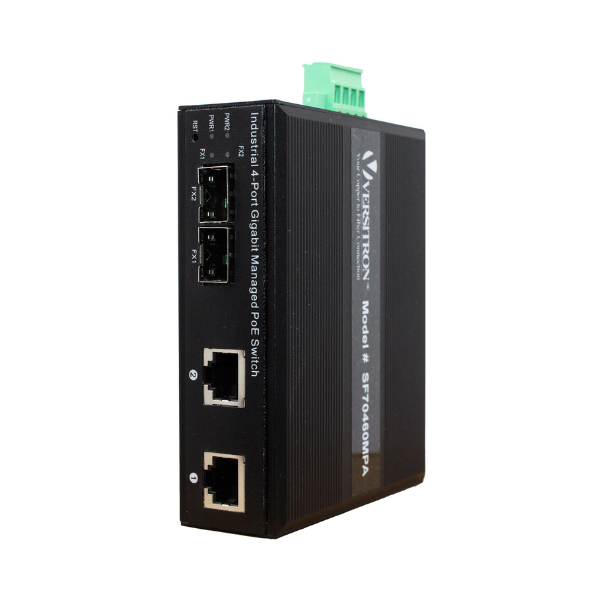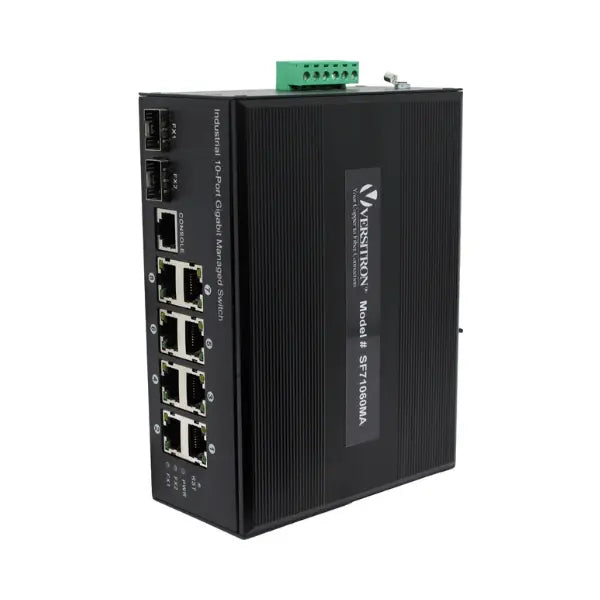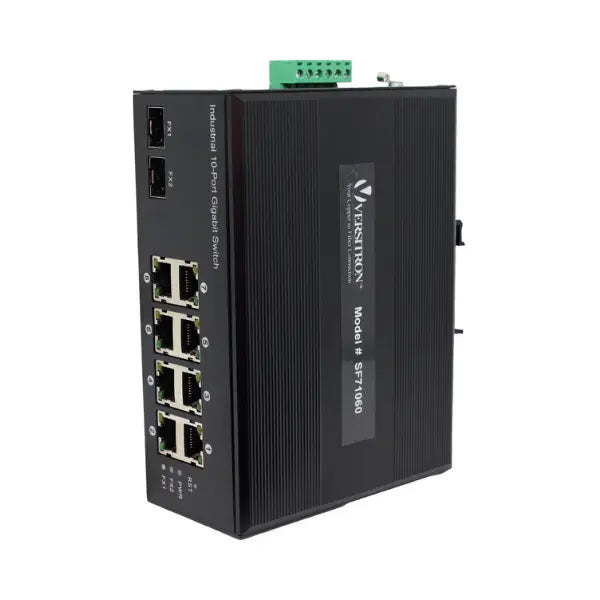Electronic data storage is an important aspect in any business from a small, computerized office setup to a large manufacturing unit. There are various ways and devices to store data; however, it should be stored in such a way that it is safeguarded from attacks and can be accessed by the right personnel on time, to make strategic decisions. From last many years, the client-server network has been used, wherein one of the computers acts as a server and stores the data of all the other computers or terminals. Nowadays, there are many virtual storage systems such as cloud; however, this largely depends upon your business requirement and future of Cloud Computing with Fiber Optics Technology. For small businesses, network attached storage (NAS) is another basic, file-level storage system. So what is the difference between client-server and NAS, and which one is better? This post discusses the same
What is Network Attached Storage (NAS)?
As the name suggests, this is a system wherein a device is attached to a computer network to store data. It has a centrally-located database comprising all the files and folders which can also be accessed by other users on the same network. This is more basic compared to a client-server architecture, although there are some similarities between the two. It is a hard drive connected to a small network. It is connected to an Ethernet switches linked to the server, which is accessible to users through an Ethernet cable connection. While this may seem like a primitive storage system, it does offer features such as addition of disparate or other-network devices, media streaming, remote access, cloud tier, and so on, other than the regular backup and archiving functions. However, there are some drawbacks, too. For instance, it is application dependent, which means it may not allow users to choose some other third-party software. Also, it consumes a large amount of bandwidth, which may slow down the processing speed of the computer. Another major drawback is that it may be easy to compromise on the security aspect.

What is a Client-Server Technology?
The concept of client-server technology is slightly advanced than NAS. Here, if there are 10 computers on a network, nine of them work as terminals or clients, and one computer is made the server. This server stores the data of all the computers on the network with daily archiving and backup functions. This is mainly for small businesses. However, for large networks, there has to be a different server room wherein server devices are kept. Also, local machines or clients do have some data storage facility. So, the data is saved locally along with its backup on the server. These servers come with a built-in firewall, and hence are more secure. These are more flexible and allow the installation of third-party software. You need to have expert staff to work as administrators for these servers and their database. The updates and installations here may take a bit longer and need to done periodically. Also, they are more expensive compared to NAS.
What are the Factors to Consider When Choosing a Storage System for Your Data?
A safe data storage system for small businesses is just as crucial as for big players. While they may not need the advanced versions, such as cloud, because of local operations, it is important to choose the right system depending on their requirements and budget. There are other storage devices such as pen drives, DVDs, and USBs; but, that is certainly not how you store official and confidential data as it may be easily hacked. Here are some factors which may help you make the right decision:
- Ease of use: Both these systems are easy to use; however, NAS is more basic in the sense that you would not have to hire system administration professionals to take care of your data.
- Functionality: Consider the number of users in your office or business space. Also, consider the scope for future expansion. Both these storage systems offer specific functionalities. Typically, if you are just two or three people operating and do not send any data to people in other locations, then NAS may work for you.
- Area available: You need a big area for servers, and it should be enclosed and secured. Apart from this area, there should be enough space for computers and other things in an office. NAS typically does not require huge office areas.
- Data security: Security is better in client-server than NAS. It is professionally managed by humans as well as built-in firewalls.
- Scalability: Here, the plans to expand your business must be considered. However, generally speaking a system should always be scalable so that you can upgrade the existing system when you grow your business. In this aspect, NAS is not highly scalable.
- Sharing ability: Checking and controlling user access is crucial for data security. At the same time, it is important to be able to send and receive files outside your network. In case of a server, you can grant or revoke rights of the user temporarily or permanently. At the same time NAS also allows control over user access.
- Budget: Consider your budget and your requirements and compare both. You would need a significant investment to install servers. For servers, do consider power consumption, salaries of professional administrators, regular maintenance, and so on.
Are you looking to expand your area of business operations, and in turn your network? If yes, do consult a professional player who can upgrade your existing network by connecting it with fiber optic media converters and cables. Versitron offer reliable and optimal network solutions and makes various types of fiber optic devices.



